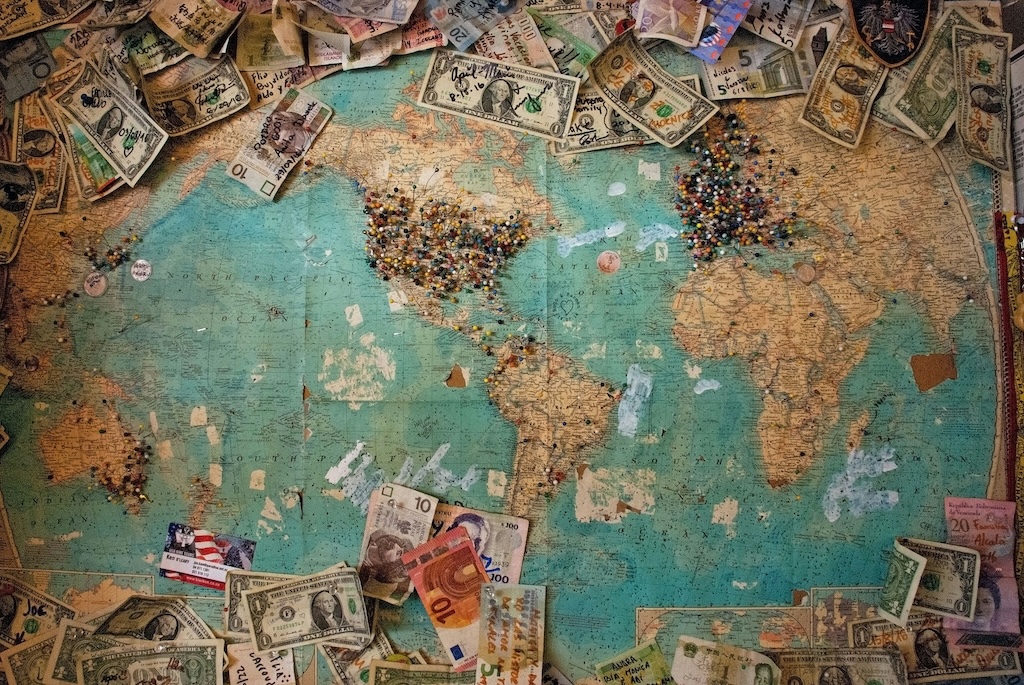
In recent years, a noticeable shift has taken place in how Americans choose to spend their money. More and more people are choosing to invest in experiences, particularly travel, rather than accumulating material possessions.
Seems like society is moving towards a conscious move towards minimalism or possibly simply as a response to burnout and overconsumption, experience-based spending is quickly becoming the preferred use of disposable income.
You can really see this trend growth, especially visible in the way Americans approach vacation planning. Rather than splurging on luxury handbags or the latest tech, many are saving for trips that offer something longer-lasting. Things like memories, meaning, and a break from daily stress.
Travel and free time have become the real luxury and a form of self-investment.
Table of Contents
The Psychology Behind Experience-Based Spending
Studies have consistently shown that people derive longer-lasting satisfaction and happiness from experiences than from material purchases. But somehow as a society we have been overlooking that.
The excitement of buying something new fades quickly, while the memory of a meaningful trip can stay vivid for years. Experiences also tend to improve over time in our minds.
So, that sunset dinner on the beach, the spontaneous road trip, or the musical festival you attended becomes more valuable the more you reflect on it.
There’s also a social element to take into account. Sharing travel stories creates connections, and people often feel a greater sense of identity and pride from where they’ve been and what they’ve done, rather than what they own.
From a financial perspective, this means that even if the up-front cost of a trip is higher than a material item, the long-term emotional “return on investment” can be much greater.
Travel as a Lifestyle Investment
As more Americans embrace remote work and flexible lifestyles, travel has become a core part of how they design their lives. It’s not just about vacation anymore, it’s about wellness, learning, and reconnecting with what matters.
Travel equals not just a good time but it is increasingly seen as a tool for growth and mental health.
The idea of investing in travel isn’t just about taking a break. It’s about choosing destinations and experiences that enrich you—culturally, emotionally, and sometimes even professionally.
Whether it’s exploring historical cities, learning a new language, or simply giving yourself space to rest and reset, the value of these experiences is undeniable.
Why Mexico Tops the List for U.S. Travelers
Among international destinations, Mexico has become a favorite for Americans looking to get the most out of their travel budget.
The reasons are pretty straightforward. Starting with its close proximity, which means shorter (and often cheaper) flights. The favorable exchange rate and wide range of accommodations. You can easily find everything from budget-friendly boutique hotels to luxury resorts, making it accessible to all types of travelers.
Beyond cost, Mexico offers diversity. From bustling cities and ancient ruins to serene beaches and jungle retreats, there’s something for everyone.
Smart Spending Isn’t Just Saving—It’s Living Well
Traditional finance advice often emphasizes saving, investing, and cutting costs. While those principles still hold true, today’s consumers are redefining what “smart spending” means.
For many, it’s about aligning their money with their values and increasingly, those values include personal enrichment, freedom, and quality of life.
Travel is no longer seen as a splurge; it’s a conscious decision to invest in what makes life meaningful. And for a growing number of Americans, spending money on memorable experiences is worth every cent.



